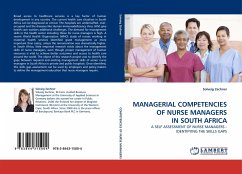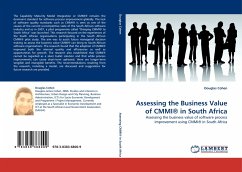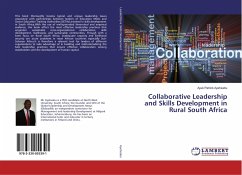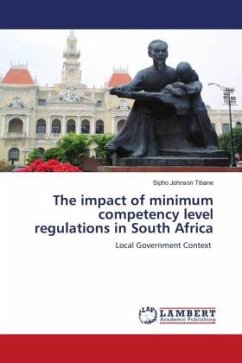South Africa underwent a major political transformation in less than a decade. Once isolated internationally because of the system of apartheid, which was denounced by the United Nations as a crime against humanity, by 2002 South Africa was an all-inclusive, liberal democracy boasting a constitution that had often been said to be one of the very best in the world. It was an active participant in numerous international organisations such as the United Nations, the Commonwealth and the African Union, among others, and was at the forefront of efforts to promote democracy on the continent and to improve Africa's image through the New Partnership for Africa's Development. Given these significant changes since April 27 1994 when South Africa held its first all-inclusive elections, this study sought to assess how business leaders in Britain, South Africa's biggest trading partner at the time, perceived the country as an international brand.








